The conversation on sharing data in the Utility Sector intensifies
Addressing the 'urgency to act'.
At the recent Utility Week Debt and Vulnerability event leaders across the utility industry discussed the urgency of being able to share data effectively. There was recognition that increasing the cooperation across multiple sectors will have a significant impact in how customers in vulnerable circumstances can be protected during the cost-of-living crisis, critical asset failures, whilst also ensuring no-one is left behind during the transition to net zero.
The event highlighted the value of digital cooperation through selective data sharing
Addressing and identifying vulnerability is complex, characteristics are determined by physical, social, economic, and environmental factors or processes which increase the susceptibility of an individual. Driven by factors at different levels, people who are categorised as vulnerable are not always immediately obvious.
One of the most common themes which ran throughout many of the presentations was the call for a central PSR register. This was referenced in several presentations though it was clear that a single data store may not be the complete answer to the problem.
In the coming months we could potentially see regional data ecosystems starting to appear, where councils, health service and utilities operating in the same region sharing data on vulnerability.
How selective sharing could be the key to industry challenges
Physical or mental vulnerability – important for utilities as during a loss of service they need to ensure the correct response is made to avoid loss of life…i.e fast identification of PSRs in which to deliver water bottles, provide a backup generator, etc. The health service will play a big role here, also local councils hold a lot of data about customers who are on the ‘assisted bin collection list’, this is a vulnerability flag that could be shared with a utility.
Financial vulnerability – this is becoming a hot topic for obvious reasons. Utilities want to ensure customers are supported through the energy crisis by ensuring they are on the appropriate tariffs, if they don’t know they are financially vulnerable they can’t react. Sharing with the banking sector or local councils will be key here. As an example, councils will be aware if someone is in council tax debt, sharing a ‘flag’ to utilities may help them take action.
One of the challenges is connecting with people who don’t identify themselves as being vulnerable, and with the current issues around the energy transition, the sector needs to ensure customers don’t become excluded or disadvantaged.
We spoke to Elly Poole at AURIGA who said “It’s vital that we flex to adapt in these changing times so that we can identify and support households facing a diverse range of issues”
Due to the urgency around these challenges, some of the sectors are looking to create digital strategies to begin addressing the problems.
How the sector is stepping up
UKPN believes that someone deemed vulnerable may get left behind in the energy transition, if they know who these customers are they can ensure they take the appropriate action.
There’s a compelling event for utilities act, apart from ‘it’s the right thing to do. Several utilities across the board are releasing targets for increasing their awareness of vulnerability across their customer base, encouraging stakeholders to support them in helping to achieve this goal. UKPN’s Ian Cameron kept using the phrase ‘customers should only tell us once’, which resonated with the audience. Meaning a vulnerable customer should only have to tell one organisation once about their vulnerability, this should then be automatically shared across all interested parties.
